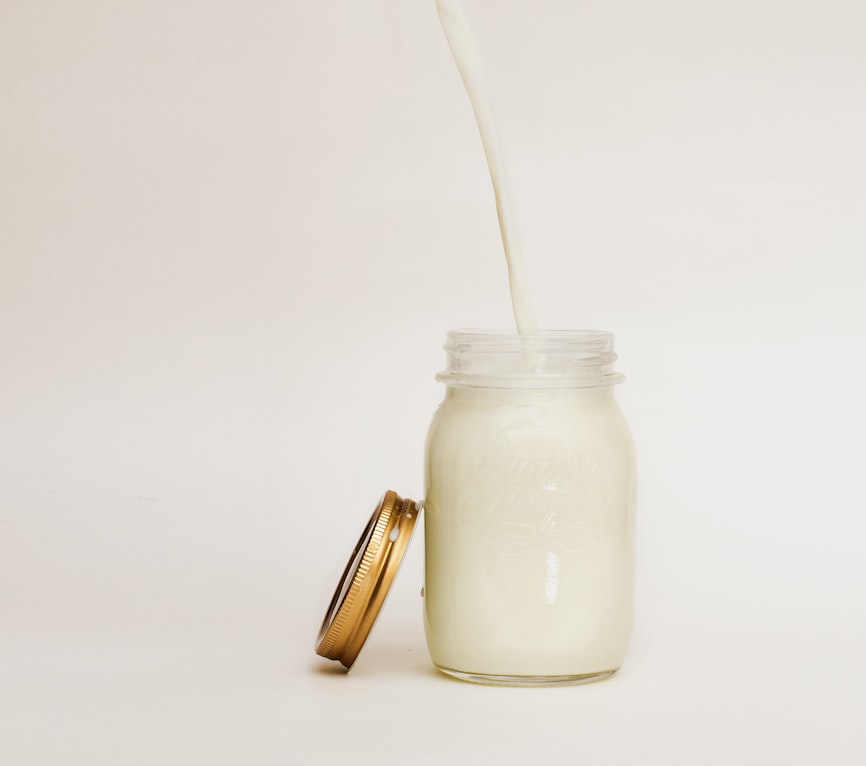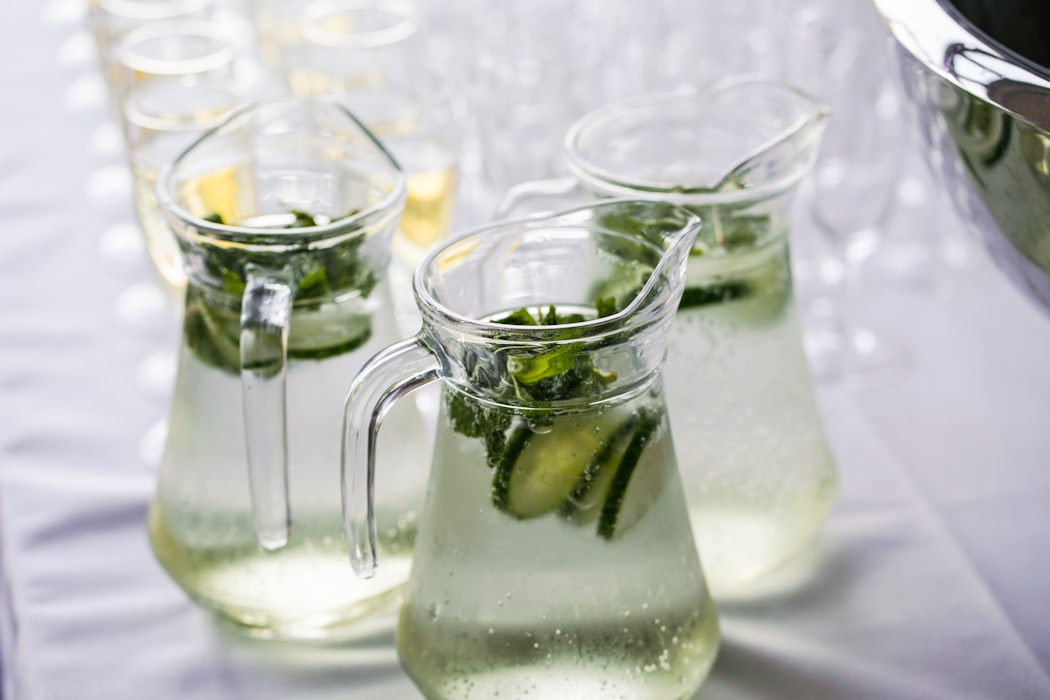Photo by Diana Polekhina on Unsplash
Article by Dr Amina Barucija. BBiomed (Melb), DDS (Melb)- General Dentist at Smile Solutions
Dental decay is the most prevalent health problem in Australia. In fact, one in four adults has at least one tooth with untreated decay. In the 1970s, the introduction of fluoride into tap water resulted in a significant decrease in dental decay. This drop continued until the early 2000’s where figures showed a worrying rise in the incidence of decay amongst Australians. Currently, there are a number of theories as to why this upward trend is happening. One of these theories is that the rise in consumption of sugary and acidic drinks has also led to the rise in cavities. Let’s have a look at what these drinks are.
THE GOOD
We’ve all heard that milk is good for strong bones and teeth, and this in fact has a scientific basis. Milk has calcium and protein, which helps strengthen and repair your teeth. We also know from studies that populations that drink more cow milk have less decay. However, there is currently a rising trend of people consuming milk substitutes (soy, almond, oat) over cow milk. Studies show that when compared to cow milk, the milk substitutes showed a lack of cavity-protective ingredients. Ultimately, this is not to say that soy, almond, or oat milks are necessarily bad for your teeth (unless they have added sugar) - they are just not as good for them as their dairy alternatives.
Another drink excellent for both your overall health and your oral health - drinking water! Water with fluoride helps strengthen teeth, keeps the mouth clean, and keeps dry mouth away.
Photo by Nikolai Chernichenko on Unsplash
THE BAD
Two ingredients to try and stay away from as much as possible when it comes to beverages and your teeth are acid and sugar. Sodas have acid and sometimes sugar and this can cause cavities and erosion of the teeth where enamel is lost permanently.
One often overlooked problematic drink is lemon water. The acid in the lemon can cause significant erosion in your mouth, particularly if it’s a daily drink. Similarly, wine, energy drinks and sports drinks all have acids that can damage your teeth irreversibly. On the other hand, sparkling water does have some acid, but if taken in moderation it’s negative effects are quite minimal.
Finally, coffees and teas while consumed and loved by many, should be had in moderation. Too much can cause staining which only a professional dental clean can remove (or teeth whitening)!
Photo by Jordan Christian on Unsplash
THE FIX
So on those days where we do cheat a little and have a (Diet) Coke, here’s what to do to offset the negative effects:
- Drink in moderation!
- Rinse your mouth out with water after drinking
- Use a straw so that the teeth are less exposed to the acids and sugars in the drinks
- Have your drink with a meal, or all at once instead of nursing the drink over time. This will ensure that your teeth are not exposed to the acid and sugar for a long time. The saliva and chewing during the meal also helps keep the acid away from the
- Have some sugar free gum with Xylitol or some nuts to stimulate saliva and buffer the acid
- A good oral hygiene routine at home, and regular dental visits and dental cleans
- Eat or drink dairy to help repair your enamel






